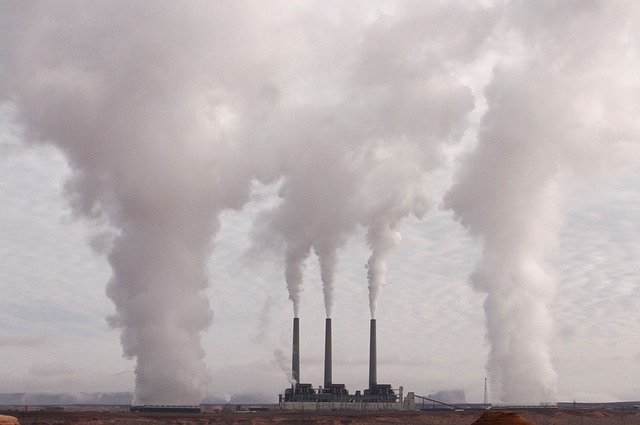Scientists reveal how dirty air increases the rate of aging

Daily, our bodies are exposed to industrial emissions, cigarette smoke, and other air pollutants. Over time, this exposure can lead to free radicals in the body that can damage DNA and tissues. Scientists from the University of West Virginia (USA) suggest that unrepaired DNA damage may increase the rate of aging.
To test the effect of DNA damage on the body, experts experimented on genetically modified mice that lacked an essential protein for DNA repair. Without this protein, damaged DNA cannot be repaired.
By the time a genetically modified mouse is five months old, it already looks like a two-year-old mouse. It has all the physical characteristics and symptoms of an aged individual: hearing loss, osteoporosis, renal dysfunction, visual impairment, hypertension, and other age-related problems. These mice age prematurely just because they lose the ability to repair their DNA, Says Eric E. Kelly, one of the study’s authors.
During the experiment, the scientists found that markers of cell aging and cell damage and oxidation in the immune system were significantly higher in genetically modified mice than in normal mice. But the damage was not limited to the immune system: damaged cells were also in the liver and kidneys. These results suggest that unrepaired DNA damage can cause premature aging of the entire body.
Scientists have concluded that the more often we are exposed to pollution (emissions, cigarette smoke, chemicals, etc.), the faster the balance between the body’s antioxidant defenses and damage caused by free radicals is disrupted, leading to premature aging. According to the researchers, the best way to prevent premature aging is through lifestyle changes such as quitting smoking, eating healthy foods, exercising regularly, and more.




